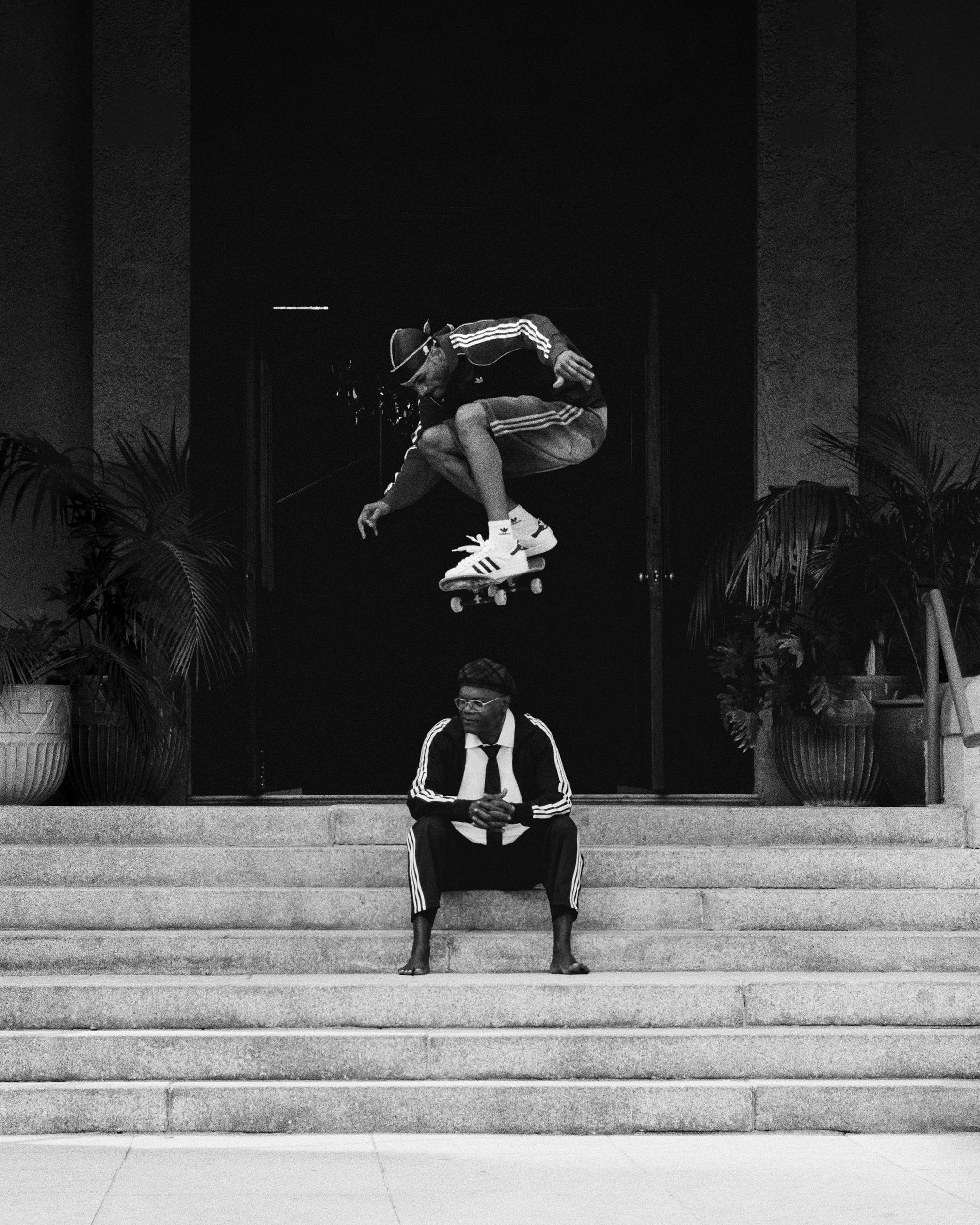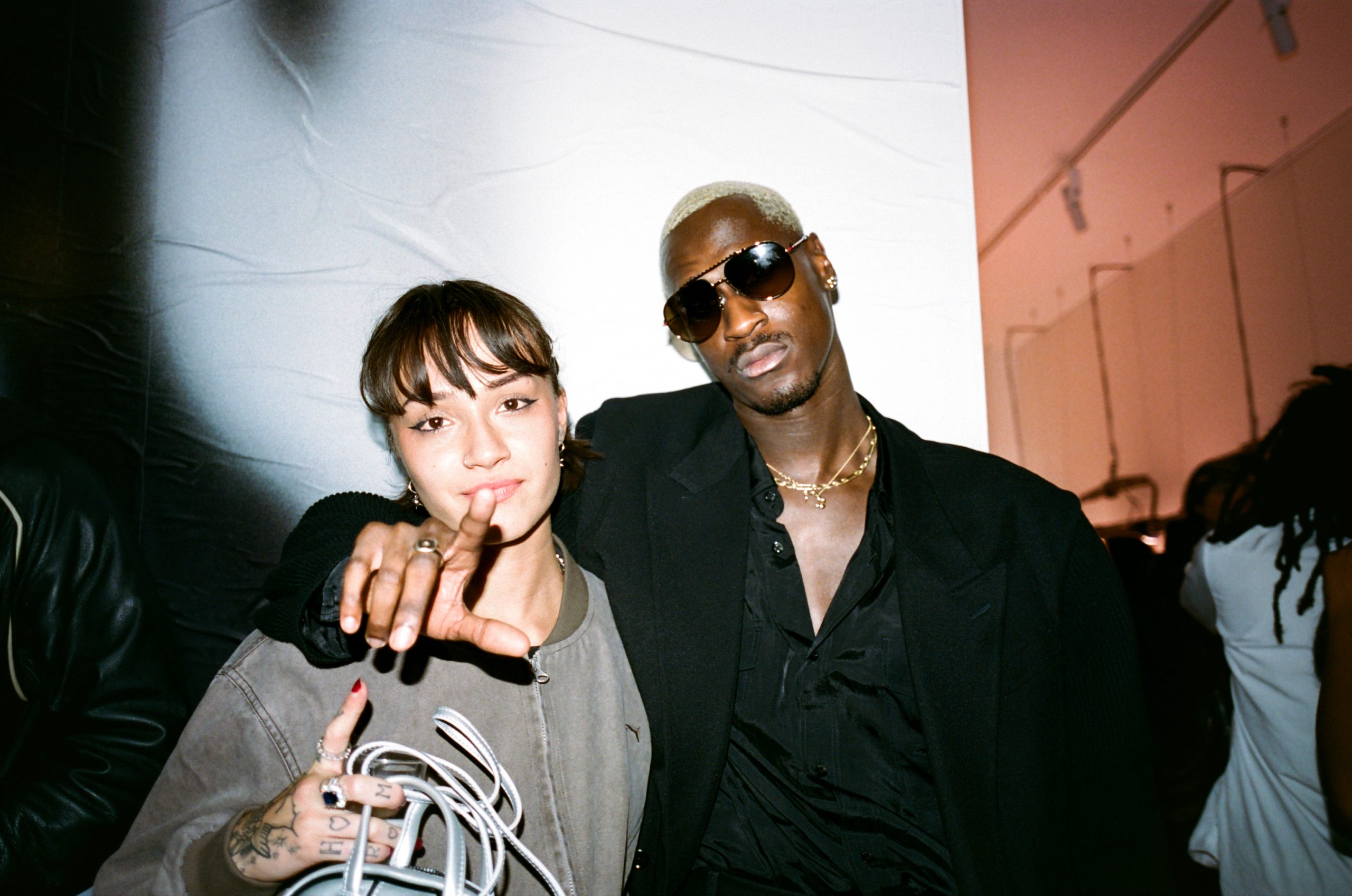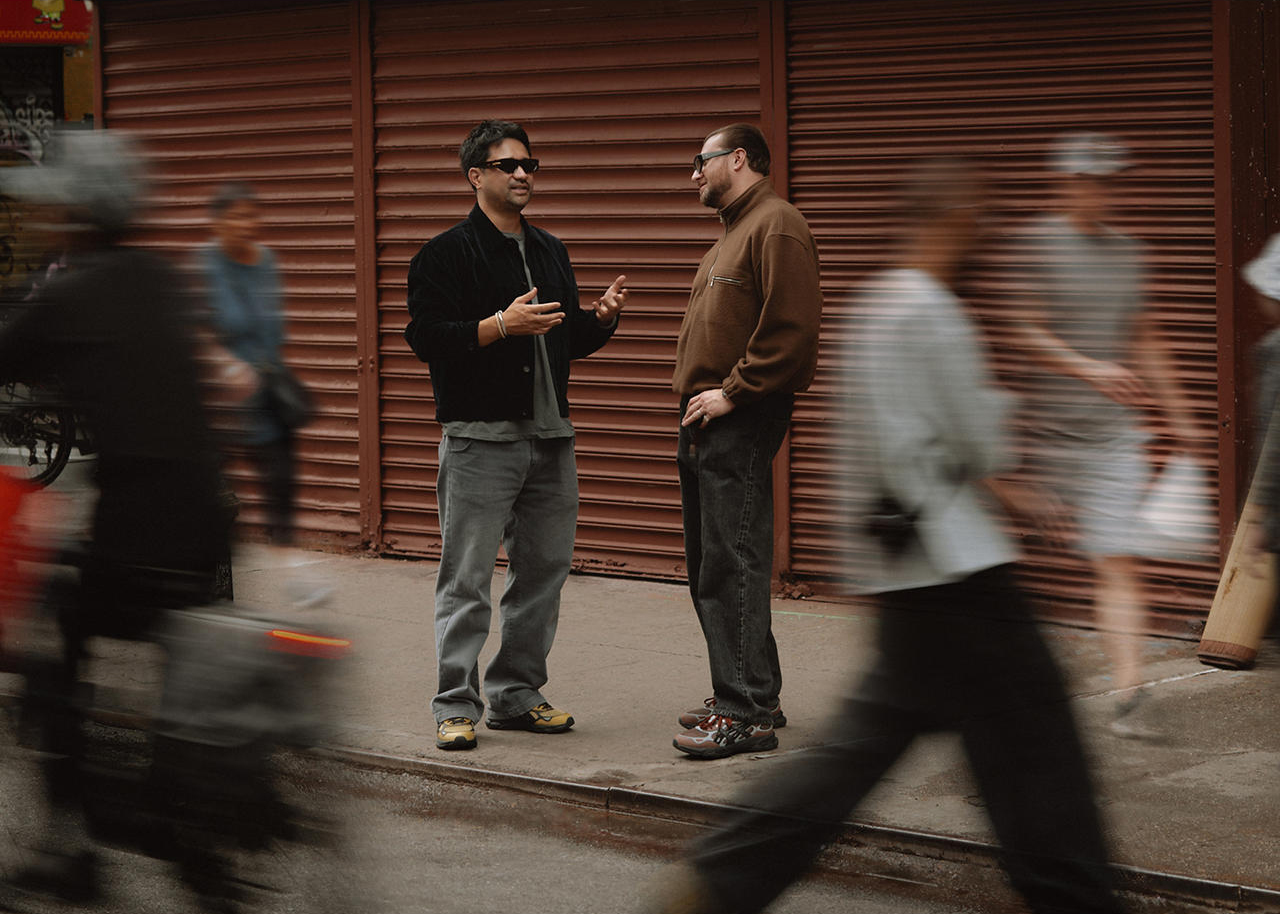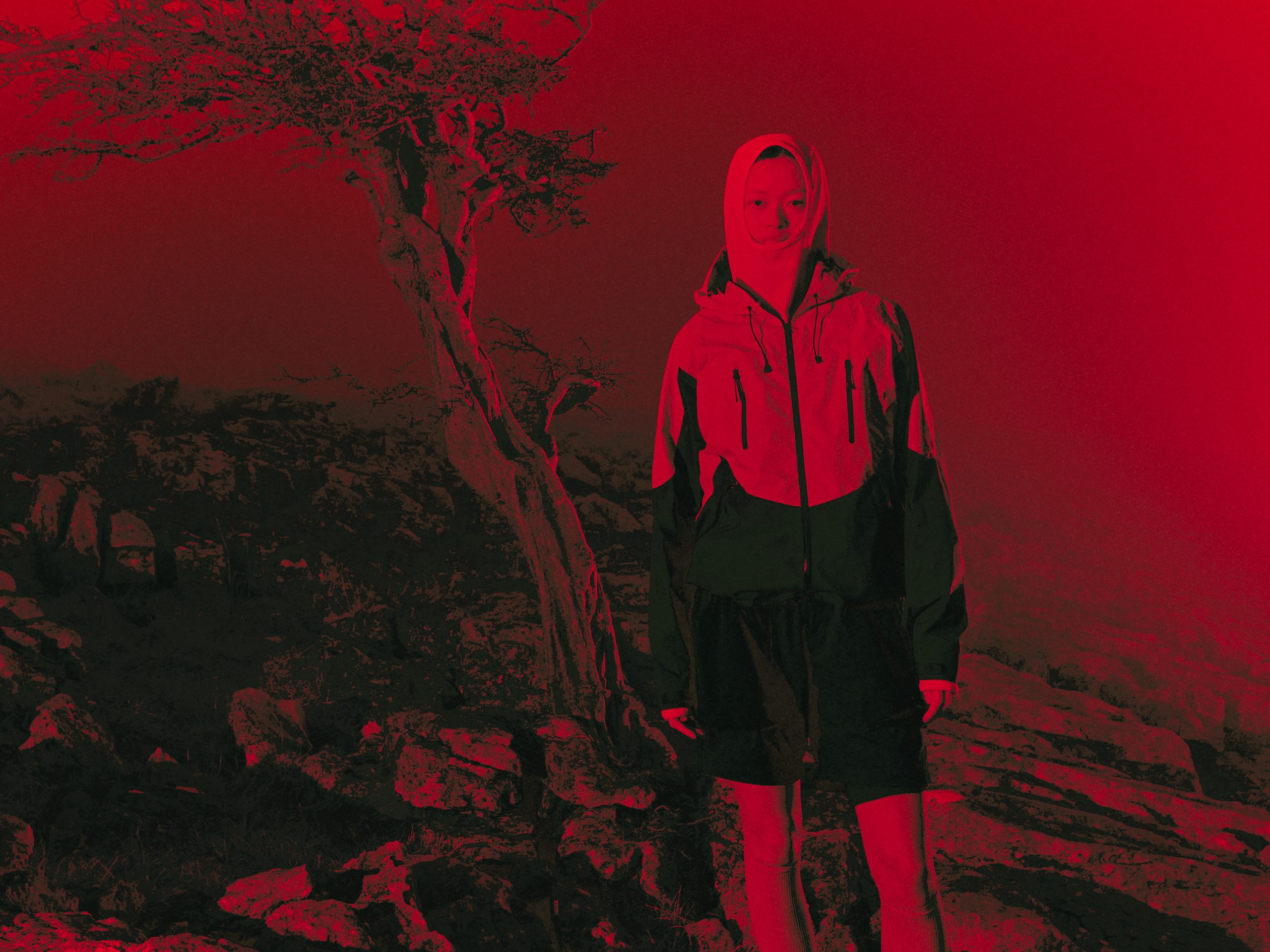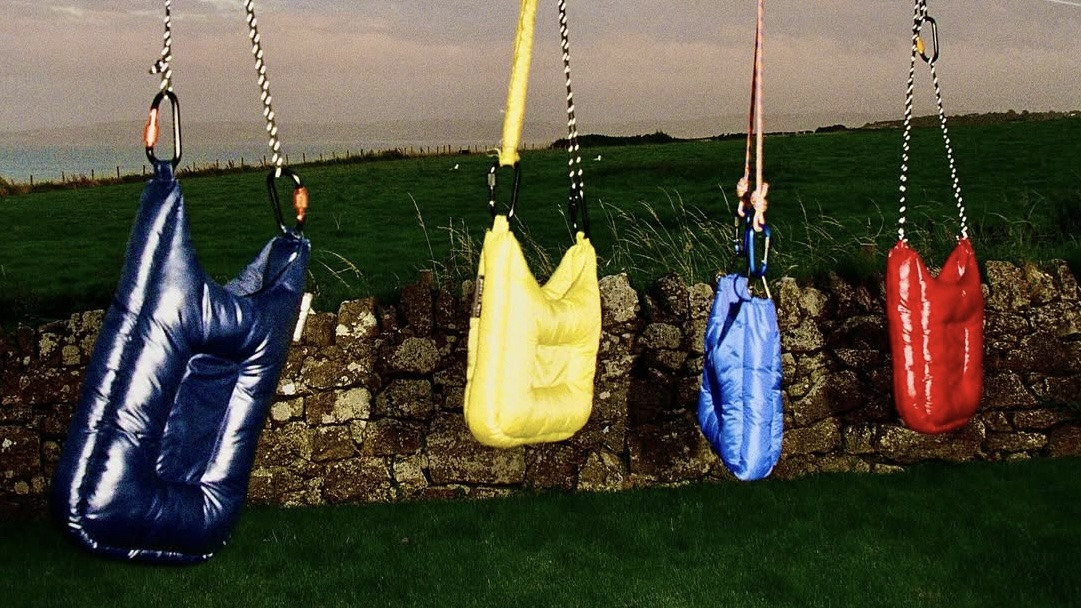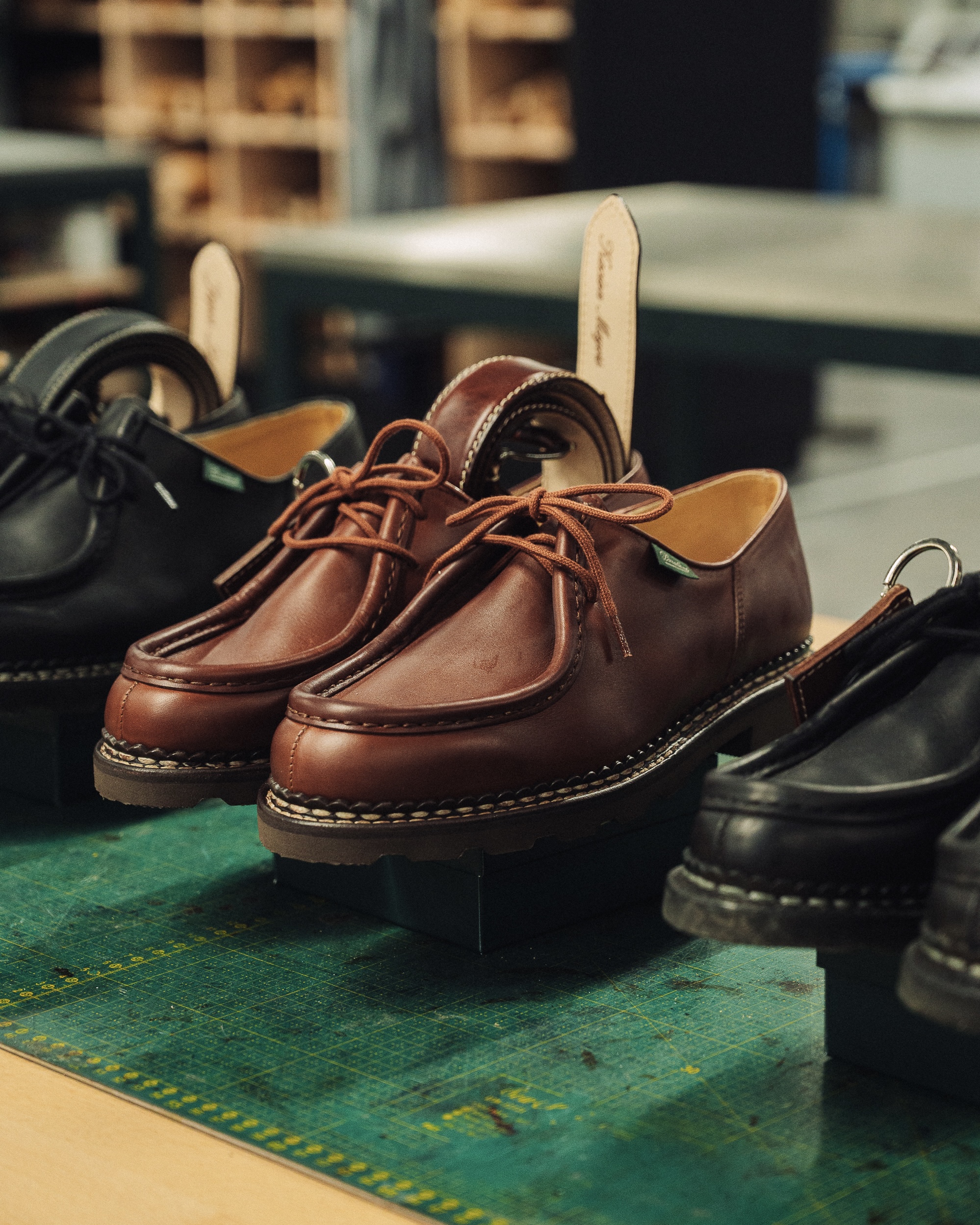Ahead of the release of her latest project, Fake It Flowers, BasementApproved gets the inside scoop on all things beabadoobee.
Beatrice Laus may have been born in 2000, but her heart belongs to the 90s. The Phillipines-born, West London-raised singer-songwriter known to the world as beabadoobee already has four projects under her belt. Since emerging online in 2017, she’s amassed a loyal fanbase of millions, garnered widespread critical acclaim and caught the attention of her musical heroes.
“Very exciting, very overwhelming but also very strange,” Bea says of her meteoric rise from the bedroom she still lives in at her parents’ house to arena tours supporting pop-rock giants and her label-mates, The 1975. Now in 2020, with the world a very different place from when fans were first introduced to artists, Bea is ready to share her lockdown baby with the world. Her eagerly awaited debut album Fake It Flowers, out now on Dirty Hit, is introspective and confessional; relatable qualities for a year marred with lockdowns and isolation.

“I feel like I’m about to give birth,” Bea says on the precipice of dropping her 12-track opus. With self-confessed butterflies in her stomach, Bea is eager to reconnect with her fans, a generation of adolescent girls and young women navigating love, loss, booze, and belonging. The record (named after a florist’s Wi-Fi that mysteriously kept syncing to her voice notes when recording) is a sonic journey and a window into the mind of a young woman with wisdom beyond her years.
She turned a tumultuous relationship with school into an opportunity, but it wasn’t without hardship and anxiety. “Don’t stress about it [not knowing what to do after leaving school], there’s so much time to work out what you want to do. Take it slow,” she offers as sage advice to fans sharing her past struggles. “Some things come when you least expect it. Stay positive and passionate, you know? It will come in time.”
Bea is still in shock at the life she now leads – a life that has led her to meeting the musicians she grew up admiring, like Mac Demarco. She recalls meeting Stephen Malkmus of Pavement, after very fittingly writing ‘I Wanna be Stephen Malkmus’. “He’s an amazing songwriter,” she says. “He has this slackness [sic]. His voice sits upon the song like he’s talking. It’s been a big inspiration to my sound.”

Malkmus, a true pioneer on the underground music scene in the 90s, came to her show in Portland, Oregon, where they hung out backstage. Also a massive Sonic Youth fan, Bea learnt that night that she had a legitimate link to the cult band. Malkmus’ children – who joined them backstage – told her about the fun they had whilst playing with Kim Gordon’s dog, which blew Bea’s mind. “I was so baffled, it’s crazy. I was thinking to myself, these kids have no idea of the life they’re living!”
Despite now having associations with Kim Gordon’s dog, Bea stays humble and keeps her circle tight. In a dizzying world of touring, promo campaigns and celebrities, she says “it’s important to remind yourself who you have around you and to constantly ground yourself, to remember where you belong.” Speaking on her team, she says, “we’re all friends, even with my manager. We’re just such a close knit family, which helps there to be less weight on my shoulders, knowing everyone is so close. The people close in my life are also a part of my working life.” Matt Healy of The 1975 has also become a friend and mentor, offering music recommendations, guitar chord progressions and tidbits of music theory. “It’s so interesting that he’s so open with his ideas – letting me know what he’s working on, especially during this whole period. I actually quarantined with my band and Matt. We wrote some things together – it was so nice living with him and just learning from him constantly.”

She met best friend and bassist Eliana, through Oscar, her producer/friend, who originally helped her get ‘Coffee’ and ‘The Moon Song’ online, back in 2017. The stratospheric success of ‘Coffee’ due in part to a rework by Canadian artist, Powfu, was somewhat bittersweet at first. “I’m not going to lie, it was overwhelming… I kinda hated it. I hated more people knowing about the first song I’d ever written and not my others. I was so stubborn but I grew into it and accepted that’s just how life works. I was extremely grateful for its existence and it’s only given me more opportunities.” The remix, retitled ‘death bed (coffee for your head)’ has reached over 1 billion plays on Spotify to date.
Streaming however didn’t exist in the 90s: a decade that Bea has been heavily influenced by through music, film and fashion. She was flattered, and nervously blushed at the comment that she has been heralded with bringing back the spirit of indie-pop. “I don’t want to take any credit for that, there’s so many artists that have helped bring back the spirit of the 90s, so many designers and creatives. I feel like everyone always glorifies the past, people from the 90s were obsessed with the 70s and that’s a bit like how it is now. Everyone is just admiring that time and feeling of nostalgia.”

We naturally segue into discussing the influences and life experiences which inspired the tracks not he new album. “‘Emo Song’ is like the detailed version of ‘Care’ – it looks into why I had so much frustration and it talks about the things I used to do as a kid to distract myself from bad situations,” Bea tells me. “And the song ‘Charlie Brown’, is about something I went through as a teenager. Peanuts was one of my favourite comics, it was introduction to the idea that it’s ok to not feel ok. I have him [Charlie Brown] tattooed on my wrist. I think it’s pretty cool, it was the second one I got.”
Her favourite songs from the album change every week. At the moment it’s ‘Diet Red’ and ‘Yoshimi Forest Magdalene’ but the song she’s most proud of is ‘Sorry’. The track is about Bea’s friend, who “just did too much and got too ill. It was so hard to watch sometimes.”

Bea had to step back from her friend’s life to preserve her own mental health and she triumphs her parents and their unwavering support – moving from the Philippines to London to ensure Bea had greater opportunities.
“They just wanted the best thing for me – it didn’t matter how much money they had, they’d do anything to make me happy and I feel like I owe them so much. They left their work and had amazing lives back home. They started from scratch when they came here,” Bea says. Alongside this parental support, Bea credits the “constant encouragement” she’s received from fellow female artists emerging in music as vital in getting more females to the forefront.
The lack of representation was impetus for her to persevere with her dream. Bea always wanted to look up to someone who looked like her on stage. “I now want to be that figure for current 15 year old girls who are just like I was, you know?”
She coos over Joji, and fellow Asian artists signed to New York label and platform 88rising. She finds strength and empowerment from their shared cultures, “knowing you’re a part of this amazing community and just bringing attention to that is powerful.”

